The fifth month of the Hindu calendar popularly known as the Shravan Maas or Sawan Mass is a 30-day-long Hindu festival dedicated to Lord Shiva. The festival is celebrated across India with various rituals and traditions and each one of them has a unique set of meaning and significance attached to it. These rituals also include a set of dos and don'ts during the one-month period.
Since most of these rituals are passed down from one generation to the other without much explanation about its meaning, history and importance, many of us will be surprised to know that these rituals are not only limited to religious beliefs but include scientific reasons to back them. We try to break down five of the most common practices that are supposed to be avoided during the Sawan Mass as per the religious and scientific reason behind them.
#1 Avoid Pleasures Like Non-Veg and Alcohol
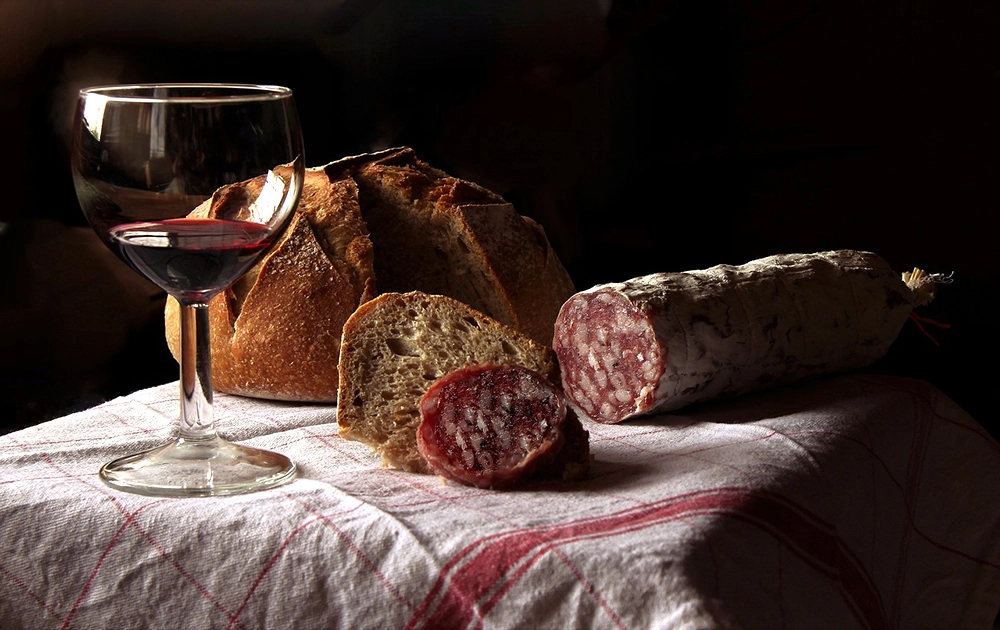
The holy month of Sawan is the time when Lord Vishnu is in slumber, and Lord Shiva is taking his responsibilities. Lord Shiva is a Yogi. The month of Sawan is dedicated to Shiva and so, with respect to that, one should try and follow Yogic principles. These include things like following a vegetarian diet, taking the path of non-violence and abstaining from alcohol, and other luxuries for the entire Shravan Maas.
There are multiple reasons to avoid non-veg and alcohol during the Sawan Maas. The most important ones being that it is the month of monsoon and due to the lack of sunlight, it is difficult for the body to properly digest heavy food. Also, there are many water-borne diseases during the rainy seasons, and it is best to avoid seafood at this time.
#2 Avoid Fighting, Harming or Hurting Anyone
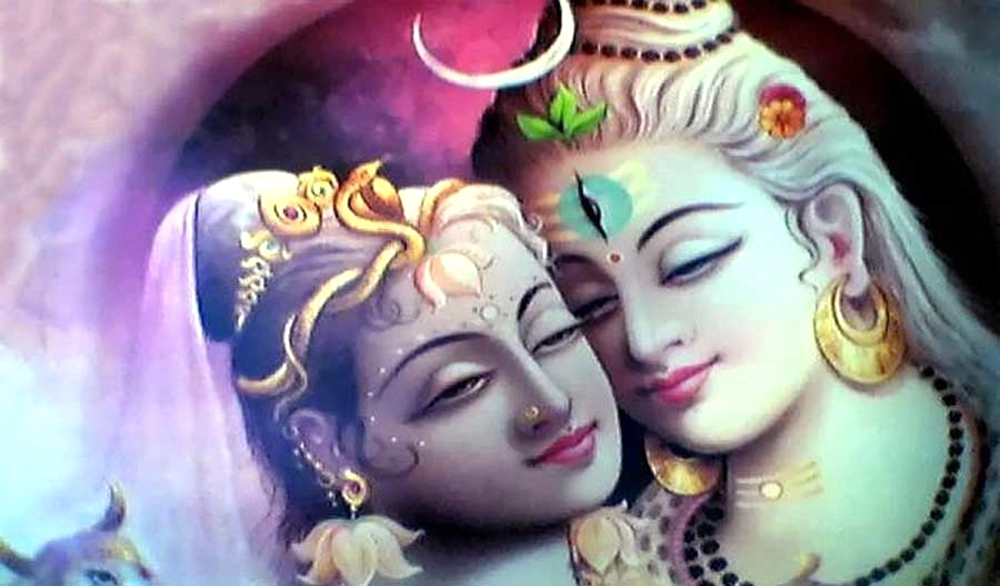
When the episode of the Samudra Manthan happened, and Lord Shiva was drinking the poison of the universe, his wife, Parvati grabbed his throat for preventing the world inside Shiva from being destroyed by the poison. All the other gods were also giving Shiva water to dilute the effect of the poison. This story marks the importance of love, compassion, selflessness and togetherness. It happened during the month of Sawan. So, according to popular religious belief, one must not hurt anyone and instead practice love and compassion in this auspicious time.
Violence, aggression and anger lead to a chain reaction of emotions. The karmic effects make a full circle, and one person harming another leads to only more people being hurt eventually. This is something that stands true forever and isn't restricted to the Sawan Maas.
#3 Avoid Leafy and Ground Vegetables
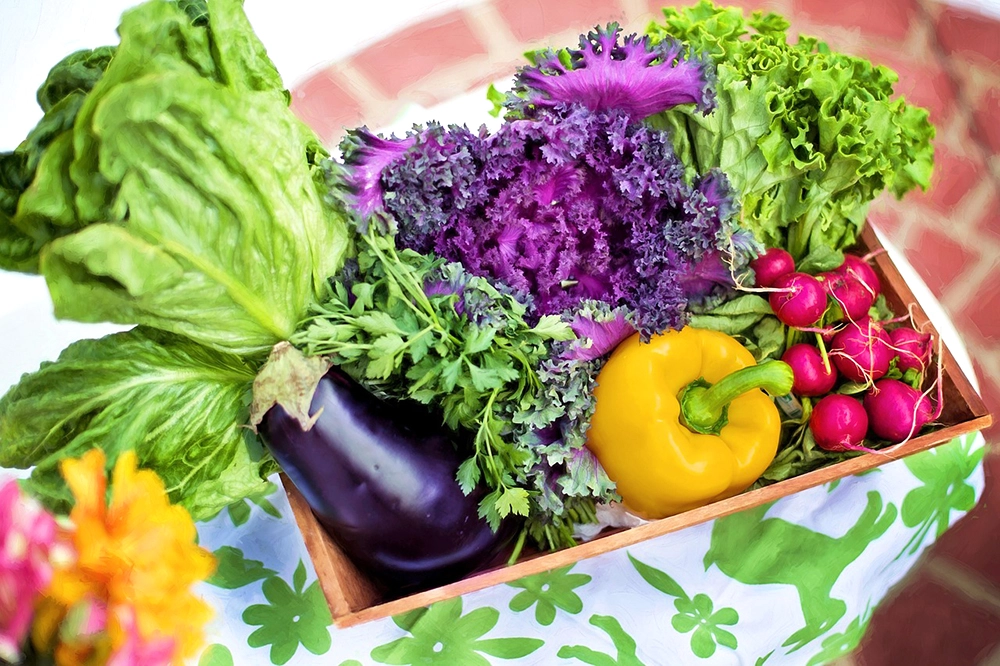
Leafy vegetables and ground vegetables like brinjal, cabbage etc. contain germs and are not considered to be "clean enough" to be consumed during the auspicious Sawan Maas. Since the leafy and ground vegetables contain a lot of germs, they are better not eaten during the rainy season because their consumption can cause health problems. Also, the leafy vegetables during the time of monsoon have an excess of elements which increases the quantity of bile in our body.
#4 Avoid Harming or Killing Snakes and Reptiles
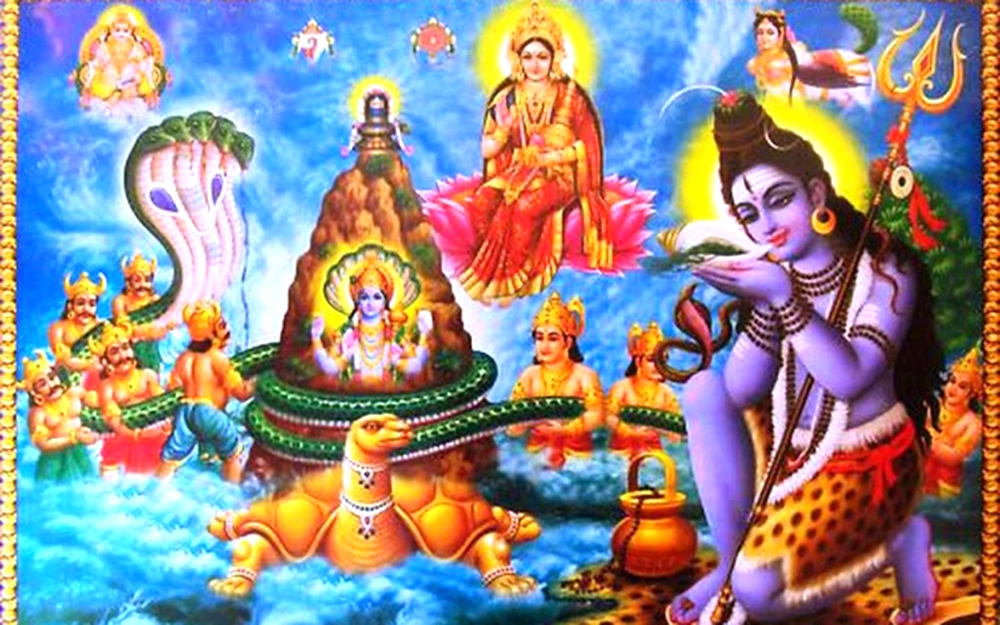
The serpent in Shiva's neck is symbolic of the cycle of birth and death. It also signifies one's ego, which if gained control of, can become one's ornament. It is metaphoric of the fact that once someone gets a hold of their ego, they attain a virtue which adds to their personality. The serpent in Shiva's neck is extremely dear to him, and since Sawan is the celebration of Shiva, it is believed to be best to not hurt or kill any reptile during this month.
According to astrology, the serpents are represented by the nodes, Rahu and Ketu. And harming the serpents and reptiles can make you incur the wrath of these planets. Also, killing them can cause environmental disturbances.
#5 Avoid Spicy Food
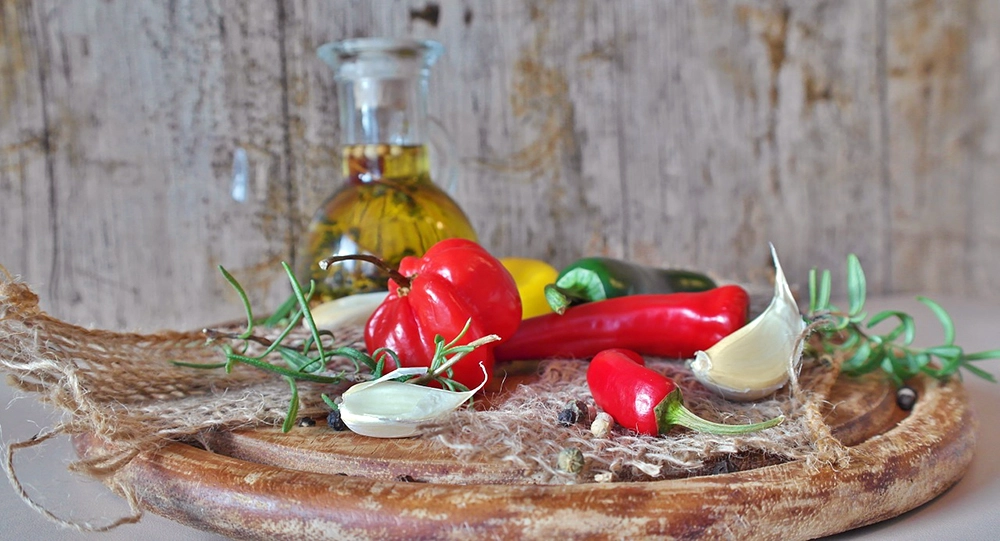
Satvik (Satva), Tamsik and Rajsik (Rajas) are the three types of food habits according to Hindu scriptures like the Bhagwad Gita. Satva is the quality of purity and tranquility, Rajas of passion and pleasure and Tamas of anger and arrogance. There must be a perfect balance of these for the mind to function correctly. Lord Shiva takes the responsibilities of Lord Vishnu during Sawan, which is the period of the latter’s slumber. And Lord Shiva is also known for his anger. So, it is advised to consume food which does not has the Tamsik element for the mind to stay free of negativity and anger. Spicy food falls in the Tamsik category of foods and hence shall be avoided during the monsoon season.
Since the digestive system changes during the rainy reason, consuming spicy and oily food can have adverse impacts on your health. It is therefore advised not to consume such food in the month of Sawan.
We hope you now have a better understanding of the beliefs associated with the practices during Sawan and can choose better how you wish to celebrate the festival. Happy Sawan Maas!
(The above story first appeared on LatestLY on Jul 27, 2018 12:29 PM IST. For more news and updates on politics, world, sports, entertainment and lifestyle, log on to our website latestly.com).













 Quickly
Quickly





















